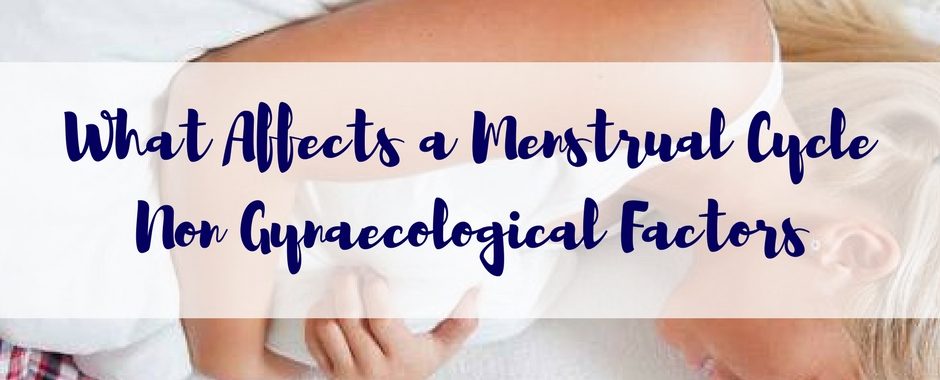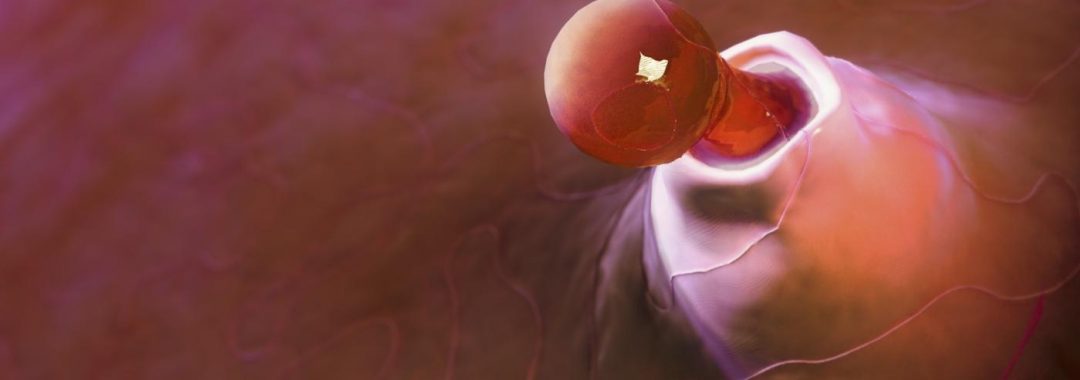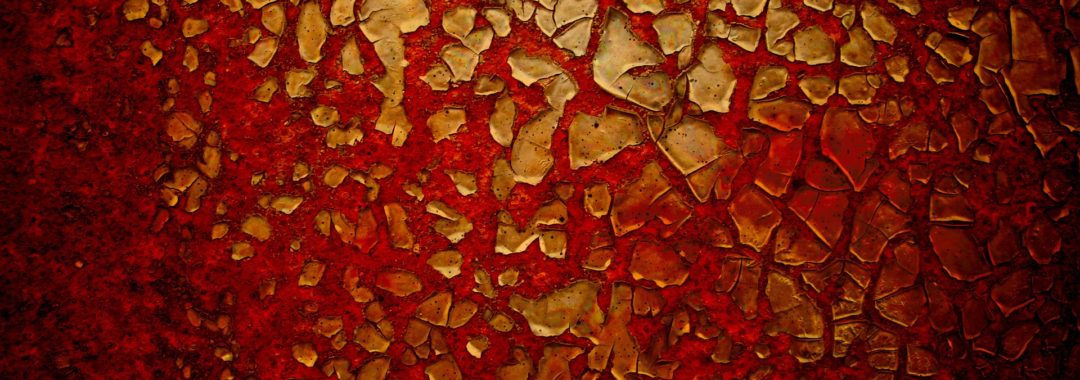Rust never sleeps and neither does endometriosis. When rust gets into a piece of metal, it starts to slowly eat away and corrode its unsuspecting host. Nobody really knows where it will pop up next. At first the tiny implants of rust cannot be seen, but underneath the layer of metal, the rust is at work, slowly devouring and eating away at the core of this metal piece.
It is like a weed. You can cut it out, poison it, and do what ever you can to prevent its return, but once it is there and those minute little seeds have shed and spread, not matter what you seem to do, it seems to just keep popping up everywhere. I have explained this in another post called “Weeding Out Endometriosis”
It is silent and can often take years to take full affect and be visualised, but once it is there and it full swing, it causes weakness, corrosion, toxicity and all manner of havoc for the piece of metal it has now invaded. Just because you cannot see it, doesn’t mean it is not there either. It is the master of stealth, but eventually is will rear its ugly head everywhere, all the while it is has been working its way underneath the surface and its endless tentacles and teeth reaching out and eating at the very core of its host. As the famous musician Neil Young once said “Rust Never Sleeps”. It is perfect assassin for it needs no sleep, and it has a mission of destruction and chaos to anyone who stands in its way.
While rust may never sleep, neither does Endometriosis. Endometriosis is just like rust. It is also like a pesky weed, with a never-ending lifecycle. It spreads; it drops seeds (implants) everywhere it goes. It causes pain, it can be silent and with stealth and at the same time, spreading without causing a single ounce of pain for a significant portion of the population. All the while it is causing havoc in other parts of the body, creating the illusion that there must be something else there.
It is the master of illusion. It makes many think it is something else (IBS, Bladder issues, UTI etc). It invades without a trace and can even be the master of disguise, evading even the most notable physician, but all the while it is feasting and causing chaos under the surface, just as rust does.
Just like rust, sometimes you can cut out a small piece of it and get every single minute part of it at the same time. Other times you can cut it out, and then underneath the microscopic, undetectable implants just pop up somewhere else and starts its vicious lifecycle in another location. Some times it can hide altogether, yet still be there under the surface causing havoc. Other times it will present itself to be seen everywhere and scatter itself so far and wide, you will never ever catch up with all of it.
While sometimes the smallest amount of it can cause immeasurable pain, sometimes the largest amounts of it will go undetected and cause no pain at all.
Actually, a significant portion of women affected with Endometriosis will have no pain at all. We only hear of the women with pain and this is totally understandable. But we also need to let people know, many have no pain at all. It isn’t until the person is investigated properly (via a laparoscopy), that they find that they may be riddled with it.
Endometriosis just isn’t in the endometrial lining. It is most outside the uterus, or embedded deep into the endometrium. It can get on your tubes, in your vagina, on your bowel, into your intestines, up into your lung, around your pericardium and heart, into your brain and they have even found it in people’s fingers. It is truly like a weed, like the rust we started talking about. It can spread everywhere and as said before, can evade even the most noted medical mind. If you don’t know what you are looking for, it will try and evade you forever.
But like rust, with the right treatment, Endometriosis can be found, captured, seen for what it is, have its true colour exposed, have its weakness exploited and have its symptoms vanquished to the nether regions of the destructive world it appeared from. Yet, many fail to explore, or implement the right treatment, choosing to mask it, or pretend it has gone, and all the while it is being allowed to inflame, fatigue, cause pain, play with your emotions and basically wish that life as you know it would magically just end. This can be the life of many who unknowingly trust that just cutting out the rust, or trying to mask the symptoms of it, without destroying and preventing the tiny implants of it underneath the surface from appearing and taking hold again.
Like any disease, prevention is the key to treatment. You cannot prevent endometriosis (not yet anyway) but you can prevent the things that can make it flare, or make it grow, or make it worse. Take away the fuel, and the fire can never take hold. The same goes for endometriosis. You need to take away the foods and substances (alcohol, smoking, chemicals is the environment) that are fuelling the endometriosis to grow in the first place.
If the endometriosis has taken hold and is causing issues, you need to then have it cut out and removed. There is a point where no matter what medications etc you take, nothing is going to settle that inflammation and pain down and well and corrective and investigative surgery. The only way you can diagnose endometriosis is through a laparoscopy. Scans and blood test do not diagnose it.
Even sometimes with surgery, endometriosis can be invisible to the naked eye, but make no mistake, it can still be there. This is why biopsies are taken to see if the microscopic implants are there causing pain and havoc, underneath he surface. But even then, it can infiltrate deep into the muscles and around the nerves to remain undetectable, even via a biopsy. But make no mistake, at some stage, it will rear its ugly head to be seen and to be heard. For those that know the symptoms, they will know it is there, when all other measures of investigations fail.
Once the visible disease is found, it needs to be removed and then you need to try and prevent its return. The only way you can do this is suppress the microscopic implants and the very thing they feed off. Never make the mistake of thinking that surgery is where all your treatment ends. It isn’t. This is where the real work begins.
While estrogenic response is a know factor and the main driver, we also know that insulin feeds inflammation and also causes problems with estrogen and hormone metabolism and distribution. If you get the diet under control, reduce the inflammation through lack of insulin and sugars, then you also help regulate the hormones and this will help with the symptoms and growth of endometriosis. You need to eat as clean as possible and this no refined foods at all. Lots of proteins, nuts and seeds, fresh fruit and vegetables, good oils, pre and probiotics and water.
Herbal medicines may assist and also help control with the control of the microscopic implants of endometriosis and also help symptoms. They can also assist and help with hormone regulation and help with insulin resistance and also help with reducing inflammation. This is why the Royal College of Obstetricians and Gynaecologists recommend women explore the use of herbal medicines and acupuncture and part of the overall treatment plan for the guidelines of treatment of endometriosis.
You also need to look at stress and emotional factors that are driving the inflammation in the first place. Learn some coping skills, learn to relax, find that quiet time, do some yoga, or some form of relaxation. Do whatever it takes to find that stillness in your daily life. You can’t treat and manage a disease without looking at the emotional and lifestyle component of it as well.
So, before you go and try and mask the symptoms of endometriosis and the actual diseases itself, with the pill, mirena, or other current medical approach, ask yourself this. What are you doing to prevent the drivers of the disease in the first place?
Endometriosis requires and multi-modality approach to treat and manage it effectively. If you don’t take this approach, then it will nearly always come back. Yes, you need to surgery, but, you still also need to prevent and treat the actual cause of the disease in the first place. This will then treat the microscopic implants from ever coming to life and causing more misery for everyone concerned.
Having a loved one riddled with endometriosis, I am going to do everything possible I can to help prevent the return of symptoms of this horrible disease for this most cherished and loved individual. A multimodality approach will be used and I hope that one day we can eventually take control and assist in vanquishing the symptoms of this disease into oblivion where they belong, like I have done for so many other people in my years of practice. But, with any disease it also requires compliance of the patient too.
There is no cure for endometriosis, but with proper assistance and the right treatments and health management, women can become asymptomatic (no symptoms) and live a normal life away from the symptoms of this horrible disease.
What are you doing to control your endometriosis?
Do you want to just mask it, or get proper help in managing it?
If so, you need to implement a multimodality approach that I mentioned above and help with having a normal life and hopefully be symptom free. I will mention some of the multimodality treatments in future posts.
Just remember, rust never sleeps and neither does endometriosis.
Take care
Regards
Andrew Orr
-No Stone Left Unturned
-Women’s and Men’s Health Crusader








